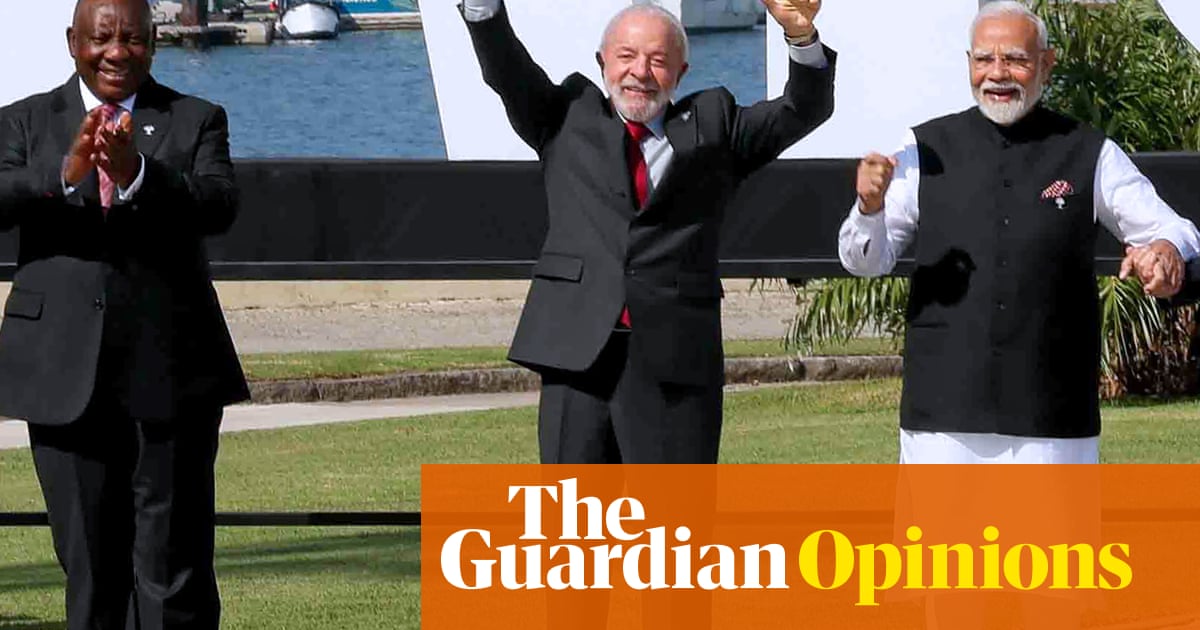BRICS Nations Conclude Rio Summit, Assert New Global Order Amid Internal Tensions
BRICS Nations Conclude Rio Summit, Assert New Global Order Amid Internal Tensions

The BRICS group of nations concluded its pivotal summit in Rio de Janeiro this week, with leaders asserting a collective push for a multipolar world order while navigating significant internal divisions. Brazilian President Luiz Inácio Lula da Silva opened the conference by decrying an “unparalleled collapse of multilateralism” and threatening advancements in climate and trade regimes.
The summit, seen as a dress rehearsal for November’s COP30 climate conference, saw the issuance of the 31-page Rio de Janeiro declaration. This document condemned recent military strikes on Iran and Gaza, along with protectionist tariffs imposed by the US. However, analysts noted a muted tone, possibly to avoid antagonizing key global players ahead of crucial climate negotiations, with reassurances even extended regarding the importance of the US dollar.
Despite the strong rhetoric for global change, the summit highlighted visible fissures within the bloc. Notably absent were Chinese President Xi Jinping, whose non-attendance fueled speculation about China’s commitment, and Russian President Vladimir Putin, who participated virtually due to an international arrest warrant. Other key leaders, including Egypt’s and Iran’s presidents, were also not present, underscoring rising internal tensions since 2014.
A significant focus was placed on climate action, with BRICS leaders expressing support for the Paris Agreement and urging “accessible, timely and affordable” climate finance. They also pushed back against what they termed “discriminatory protectionist measures” from the EU, such as carbon border adjustments, and notably avoided setting a timetable for phasing out fossil fuels, acknowledging their continued role in the global energy mix.
Brazil, a strong proponent of multilateralism, championed an overhaul of the UN to make it more democratic and representative of developing countries. However, concerns were raised about the summit’s limited media access and the absence of civil society groups, suggesting a lack of appetite for accountability and transparency within the bloc. As the BRICS group looks to solidify its role as a voice for the Global South, the challenges of internal cohesion and securing genuine global cooperation remain significant hurdles ahead of upcoming international forums like COP30.
Disclaimer: This content is aggregated from public sources online. Please verify information independently. If you believe your rights have been infringed, contact us for removal.